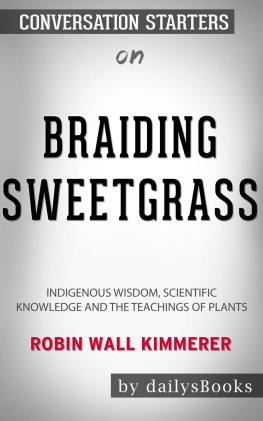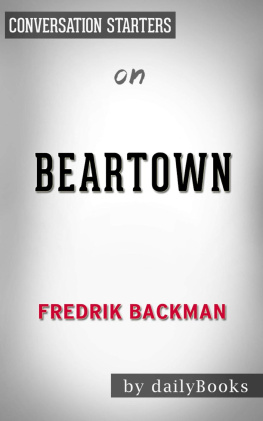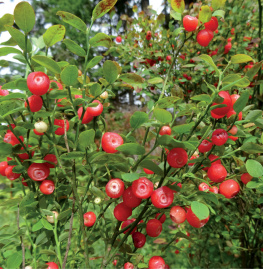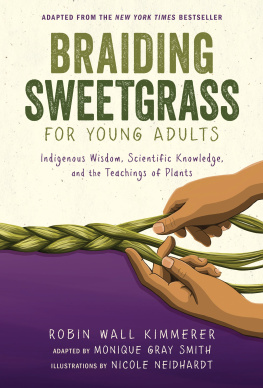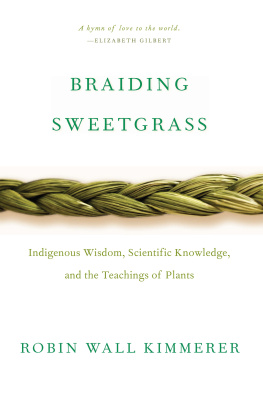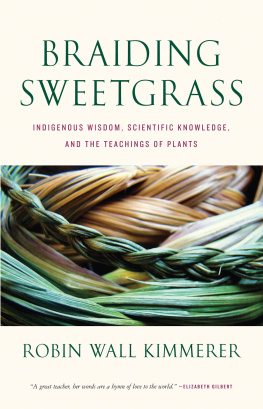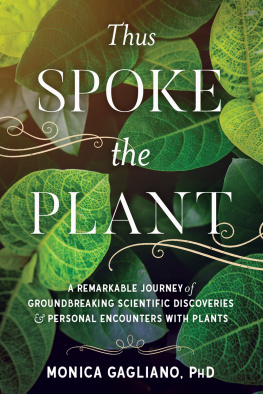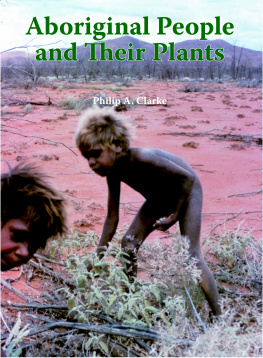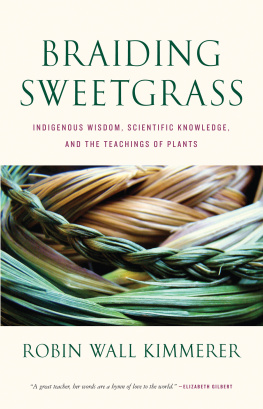dailyBooks - Braiding Sweetgrass--Indigenous Wisdom, Scientific Knowledge and the Teachings of Plants by Robin Wall Kimmerer--Conversation Starters
Here you can read online dailyBooks - Braiding Sweetgrass--Indigenous Wisdom, Scientific Knowledge and the Teachings of Plants by Robin Wall Kimmerer--Conversation Starters full text of the book (entire story) in english for free. Download pdf and epub, get meaning, cover and reviews about this ebook. year: 2021, publisher: Daily Books, genre: Children. Description of the work, (preface) as well as reviews are available. Best literature library LitArk.com created for fans of good reading and offers a wide selection of genres:
Romance novel
Science fiction
Adventure
Detective
Science
History
Home and family
Prose
Art
Politics
Computer
Non-fiction
Religion
Business
Children
Humor
Choose a favorite category and find really read worthwhile books. Enjoy immersion in the world of imagination, feel the emotions of the characters or learn something new for yourself, make an fascinating discovery.
- Book:Braiding Sweetgrass--Indigenous Wisdom, Scientific Knowledge and the Teachings of Plants by Robin Wall Kimmerer--Conversation Starters
- Author:
- Publisher:Daily Books
- Genre:
- Year:2021
- Rating:3 / 5
- Favourites:Add to favourites
- Your mark:
Braiding Sweetgrass--Indigenous Wisdom, Scientific Knowledge and the Teachings of Plants by Robin Wall Kimmerer--Conversation Starters: summary, description and annotation
We offer to read an annotation, description, summary or preface (depends on what the author of the book "Braiding Sweetgrass--Indigenous Wisdom, Scientific Knowledge and the Teachings of Plants by Robin Wall Kimmerer--Conversation Starters" wrote himself). If you haven't found the necessary information about the book — write in the comments, we will try to find it.
Braiding Sweetgrass: Indigenous Wisdom, Scientific Knowledge, and the Teachings of Plants is a book by botanist Robin Wall Kimmerer that underlines human relationship to the natural world. Kimmerer talks about the traditional ecological knowledge of the Potawatomi tribe and how this knowledge can help in shaping scientific research and knowledge. The name of the book is a metaphor referring to the fact that the stories told in the book are made up of three strands: the traditional indigenous perspective about the environment, scientific knowledge about plants, and the knowledge that plants themselves hold.
Braiding Sweetgrass was published on the 15th of October 2013 by Milkweed Editions and is the recipient of the 2014 Sigurd F. Olson Nature Writing Award. It became an instant hit and appeared on the bestseller lists of The New York Times, The Washington Post, and Los Angeles Times.
A Brief Look Inside:
EVERY GOOD BOOK CONTAINS A WORLD FAR DEEPER
than the surface of its pages. The characters and their world come alive,
and the characters and its world still live on.
Conversation Starters is peppered with questions designed to
bring us beneath the surface of the page
and invite us into the world that lives on.
These questions can be used to create hours of conversation:
Foster a deeper understanding of the book
Promote an atmosphere of discussion for groups
Assist in the study of the book, either individually or corporately
Explore unseen realms of the book as never seen before
Disclaimer: This book you are about to enjoy is an independent resource to supplement the original book, enhancing your experience. If you have not yet purchased a copy of the original book, please do before purchasing this unofficial Conversation Starters.
Download your copy now on sale
Read it on your PC, Mac, iOS or Android smartphone, tablet devices.
dailyBooks: author's other books
Who wrote Braiding Sweetgrass--Indigenous Wisdom, Scientific Knowledge and the Teachings of Plants by Robin Wall Kimmerer--Conversation Starters? Find out the surname, the name of the author of the book and a list of all author's works by series.

